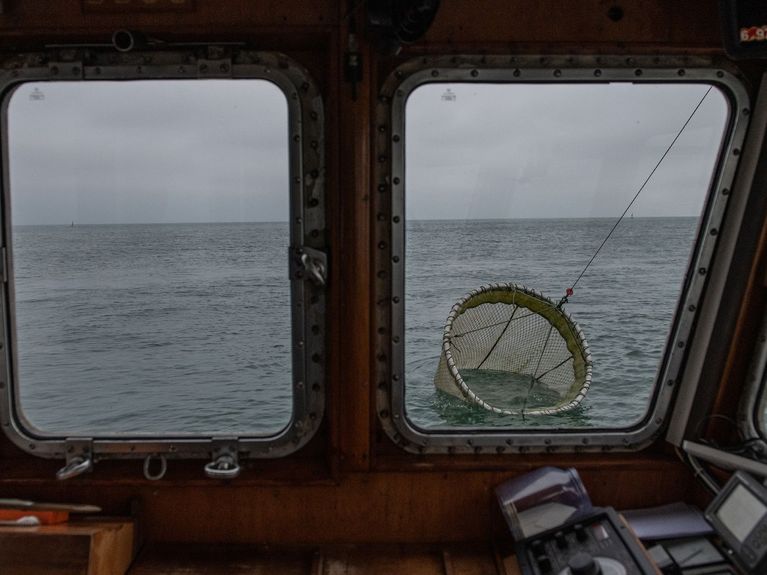
Challenge #143
Preserving and continuing a unique treasure trove of data from the North Sea.
Researchers on Helgoland have been continuously investigating changes in the North Sea water since 1962. This unique long-term data series is maintained and updated by the Alfred Wegener Institute.
Participating centers
Since 1892, marine scientists around the world have been researching the North Sea and its coastal areas at today's Biological Institute Helgoland (BAH), which has belonged to the Alfred Wegener Institute since 1998. One of the most valuable and detailed marine data sets in the world is located there, the "Helgoland Reede". Since 1962, researchers have been taking daily measurements of the temperature, salt and nutrient content of the North Sea water, and examining the animals and plants found here every day. This unique treasure trove of data allows science to provide complete evidence of the consequences of climate change in the North Sea over the past 50 years and to distinguish whether changes are natural cyclical fluctuations or man-made trends. This allows researchers to develop more accurate global and regional forecasts for the near and more distant future. In the World Data Bank PANGEA of the Alfred Wegener Institute, the data is archived and made available for future generations.
Image: AWI/Esther Horvath